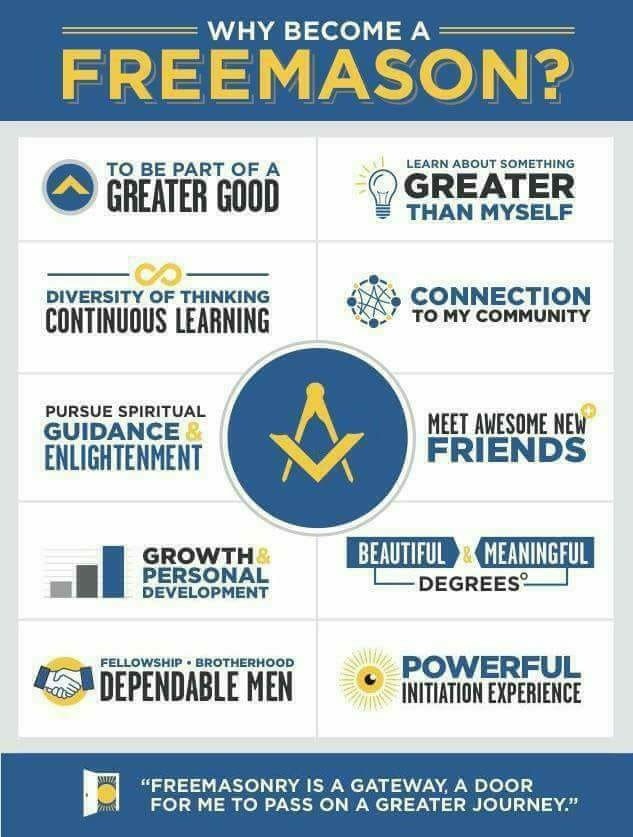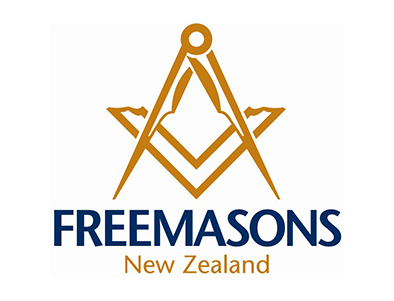
Why become a Freemason?
November 19, 2017
Freemasons close gap on Huntington’s Disease
December 12, 2017Freemasons and Royal Society Powering Potential
Forty talented school students will seek answers to big questions at this year’s Powering Potential event
Forty talented senior secondary school students will be tasked to find answers to challenging questions posed by scientists at Powering Potential, taking place in Wellington from 11 – 15 December 2017.
Organised by Royal Society Te Apārangi in partnership with Freemasons New Zealand, Powering Potential will bring many of New Zealand’s most promising science students together from all over New Zealand to work alongside a scientist, who will act as their a mentor over three days. The students will work in teams of five on a question submitted by their mentor. The students will then research, investigate and collaborate to provide recommendations.
‘Past, present and future science’ is the theme of Powering Potential this year and is particularly relevant as the Society is celebrating its 150th anniversary. The Society has selected eight different events or happenings from its 150-year timeline and then matched these up with a scientific topic. For example, in 1933 the Society established a medal to honour one of the key advocates of daylight saving, which remains a contentious issue in parts of the world. One team of students will be mentored by a scientist from the Sleep/Wake Research Centre from Massey University to research the effects of daylight saving on our circadian rhythms.
The Society is delighted the following businesses and organisations have volunteered a science mentor to help the students over the three days: Plant & Food Research, Institute of Environmental Science and Research, Dunning Thornton, Ferrier Research Institute, Museum of New Zealand Te Papa Tongarewa, Ministry of Primary Industries, University of Otago and Massey University.
“The students will need to think outside the square and use their creative capabilities to find solutions. They will also need to work well in a team situation and will be required to hone their research skills. At the end of the three days, each team will present its findings at a special presentation,” said Dr Andrew Cleland, Chief Executive of Royal Society Te Apārangi.
To be selected for Powering Potential, each student was required to submit an in-depth application and video, which focused on their own science strengths or how they have contributed to an area of science in their school or community. The students have been selected because they are serious about going on to study science at a tertiary level and have demonstrated a passion for science. Dr Cleland said: “The calibre of the students who applied was excellent and some tough decisions had to be made by the selection panel to get the number down to 40”.
Grandmaster of Freemasons New Zealand, Mark Winger said: “Freemasons New Zealand is absolutely delighted to be involved in Powering Potential in partnership with Royal Society Te Apārangi. Education is a cornerstone of freemasonry. Our organisation is all about self-improvement and having the courage to make changes for the benefit of all.”
All costs for the students, including flights, accommodation and social activities, are covered by Royal Society Te Apārangi, Freemasons New Zealand and Ministry of Business, Innovation and Employment.
The students selected to attend Powering Potential are:
FAR NORTH REGION
Sophie Piesse, 16, Kerikeri High School
NORTH AUCKLAND
Paice Vaughan, 18, Kaipara College
WEST AUCKLAND
Lynette Idio, 18, St Dominic’s Catholic College
Mikayla Stokes, 16, Western Springs College
AUCKLAND REGION
Jonathan Chan, 17, Auckland Grammar School
Rasela-Rose Ualesi, 17, Baradene College
Weihong Yi, 16, Epsom Girls’ Grammar School
Lily Tang, 16, Epsom Girls’ Grammar School
Phoebe Liu, 18, Lynfield College
Kitty Sun, 18, Lynfield College
SOUTH AUCKLAND
Anthony Hua, 18, Ormiston Senior College
Kim Fowler, 17, ACG Strathallan School
WAIKATO
Nikita Raman, 16, Sacred Heart Girls’ College, Hamilton
Aidan Rowlingson, 17, St John’s College, Hamilton
BAY OF PLENTY
Hyunjae (Jason) Lee, 17, Western Height’s High School, Rotorua
EASTERN BAY OF PLENTY
Nicole Cameron, 16, Otumoetai College, Tauranga
Kerry Parkinson, 17, Mount Maunganui College
Shari Webber, 16, Tauranga Girls’ College
Jack Nelson, 17, Trident High School, Whakatane
TARANAKI
Dylan Coleman, 17, Opunake High School
Sarah Haden, 16, Opunake High School
HAWKE’S BAY REGION
Isha Kaur, 17, Hastings Girls High School
Maximillan Sales, 17, Napier Boys’ High School
MANAWATU
Zoe Glentworth, 17, Palmerston North Girls’ High School
Katie Liu, 17, Palmerston North Girls’ High School
John Robinson, 17, Palmerston North Boys’ High School
WAIRARAPA
Zachary Dewhurst, 17, Rathkeale College, Masterton
WELLINGTON REGION
Olivia Paxie, 18, St Mary’s College, Wellington
Anjali Gentejohann, 17, Samuel Marsden Collegiate, Wellington
Isabella O’Meeghan, 16, Samuel Marsden Collegiate, Wellington
Isla Day, 16, Kapiti College, Paraparaumu
NELSON REGION
Ben Watts, 18, Nelson College
CANTERBURY REGION
Oliver Gwatkin, 18, Lincoln High School
Alexandra McCracken, 18, Kaiapoi High School
Kate Stedman, 18, Riccarton High School, Christchurch
Wen Qi (Vanessa) Ye, 16, Riccarton High School, Christchurch
OTAGO REGION
Karl Brinsdon, 16, Logan Park High School, Dunedin
Lucy Matehaere, 17, Otago Girls’ High School, Dunedin
Nicolas Sinnott, 16, Otago Boys’ High School, Dunedin
SOUTHLAND REGION
Lily Clague, 18, Gore High School
About Royal Society Te Apārangi
Royal Society Te Apārangi is an independent not-for-profit organisation that supports all New Zealanders to explore, discover and share knowledge.
Its varied programmes provide funding and learning opportunities for researchers, teachers, school students, together with those who are simply curious about the world.
To celebrate the discoveries of New Zealand researchers, the Society awards medals and elects Fellows, who are leaders in their fields.
These experts help the Society to provide independent advice to New Zealanders and the government on issues of public concern.
The Society has a broad network of members and friends around New Zealand and invites all those who value the work New Zealanders do in exploring, discovering and sharing knowledge to join with them.
To discover more visit www.royalsociety.org.nz

